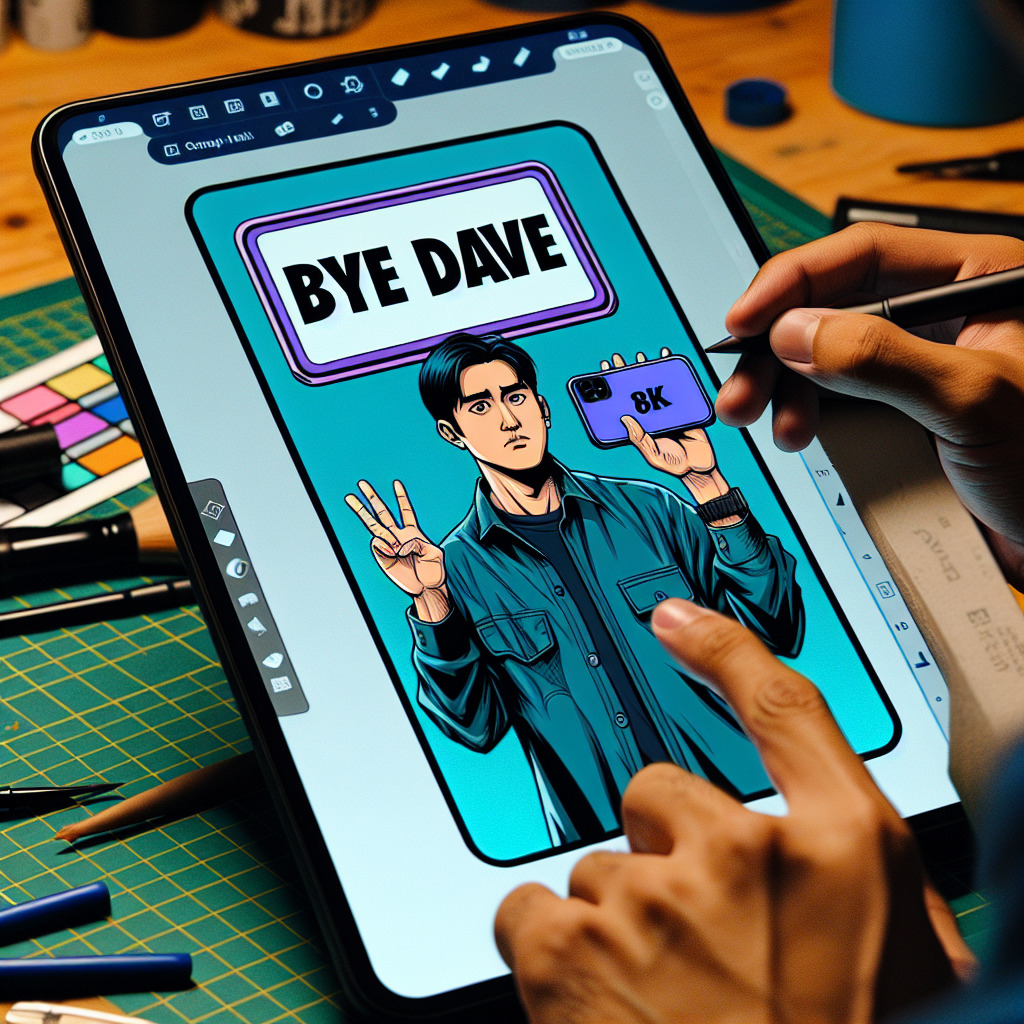How is AI used in social media marketing?
In the ever-evolving business world, staying afloat amidst the flurry of marketing demands can seem …

As someone with a keen interest in technology, I am captivated by AI's incredible potential and its applications in various fields.
One area that particularly piques my curiosity is the use of AI in website personalisation. In this blog post, we'll explore the fascinating question: Will AI ever be fast enough to customise a website in real-time as it loads for the viewer? Let's dive in and find out!

AI is already being used to personalise websites to a certain extent. Many companies leverage machine learning algorithms to analyse user data, such as browsing history, location, and preferences, to tailor content and product recommendations. For example, e-commerce giants like Amazon and Netflix use AI to suggest products or movies based on a user's past behaviour and interests.
However, the current state of AI-driven website personalisation is largely limited to pre-determined content or recommendations generated before the website loads. Real-time customisation is still challenging, where the website adapts instantly as the user interacts.
The idea of a website that morphs and adapts in real-time based on the viewer's actions and preferences is undeniably fascinating. However, several technical hurdles must be overcome to make this a reality.
Firstly, real-time personalisation requires an immense amount of data processing. As the user navigates through the website, the AI system would need to continuously analyse their behaviour, update its understanding of their preferences, and generate personalised content on the fly. This demands significant computational power and lightning-fast data processing capabilities.
Moreover, the accuracy of real-time personalisation heavily relies on the quality and quantity of user data available. The AI system needs vast historical data to learn patterns and make accurate predictions. Collecting and processing such massive datasets in real time is a daunting task.
Another challenge lies in the speed of AI algorithms. While AI has made remarkable strides in recent years, most current AI models require significant time to process data and generate outputs. For real-time website personalisation to be effective, the AI system must be able to make split-second decisions and adaptations. This requires the development of highly optimised and efficient AI algorithms.

Despite the challenges, the future of AI and website personalisation looks promising. As AI technologies advance rapidly, we can expect significant improvements in data processing speed and algorithm efficiency.
Researchers and developers are working tirelessly to create AI systems that can handle vast amounts of real-time data. Advancements in hardware, such as faster processors and specialised AI chips, also contribute to developing more powerful AI systems.
Moreover, the benefits of real-time website personalisation are too significant to ignore. It offers businesses the opportunity to provide highly targeted and relevant content to each user, leading to increased engagement, conversions, and customer loyalty. It means a more enjoyable and efficient browsing experience for consumers, with content and products tailored to their specific needs and interests.
In conclusion, while real-time website personalisation using AI is not a reality, it is an exciting prospect with immense potential. As AI technologies evolve and improve, we expect significant advancements in this field in the coming years.
The challenges of real-time data processing, algorithm speed, and availability are not insurmountable. With ongoing research and development efforts, AI will likely become fast enough to enable seamless, real-time website personalisation.
As an AI enthusiast, I eagerly anticipate the day when websites can instantly adapt to each user's unique preferences and behaviours. The possibilities are endless, and the impact on user experience and business success could be transformative.
I encourage you, dear reader, to stay curious and informed about the latest developments in AI and website personalisation. The future is full of exciting possibilities, and we are only scratching the surface of what AI can achieve. Together, let's embrace the power of technology and look forward to a world where websites are not just static pages but dynamic, intelligent entities that understand and cater to our individual needs.
Some other posts you may like

How is AI used in social media marketing?
In the ever-evolving business world, staying afloat amidst the flurry of marketing demands can seem …
July 22, 2024
Read More
The Future of AI Assistants in Our Computing Lives
The ubiquity of AI in our computing lives feels all but inevitable. Yet how …
July 22, 2024
Read More